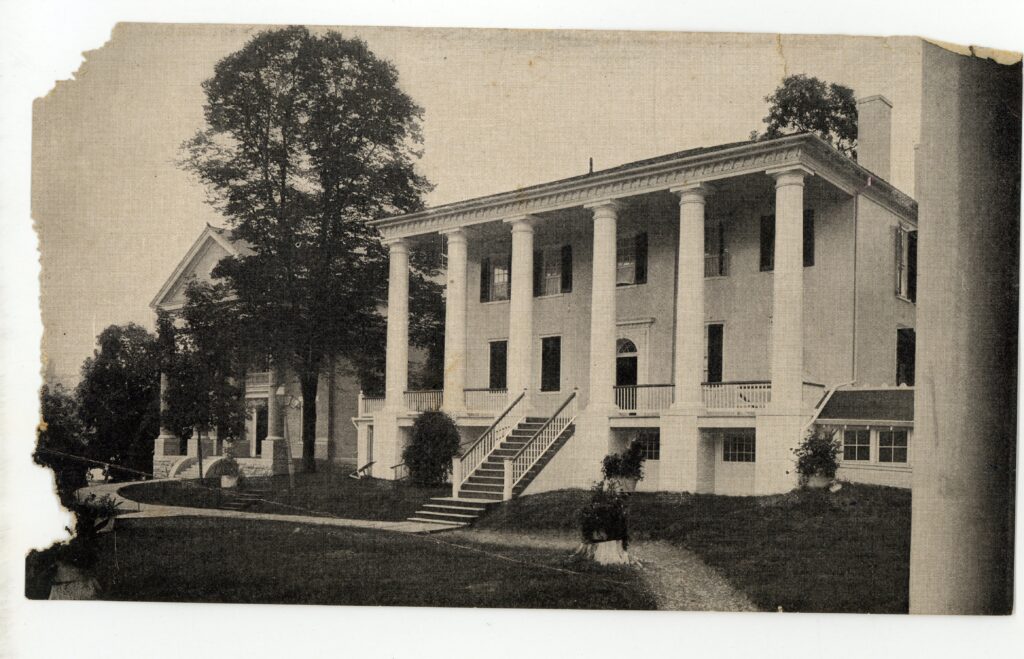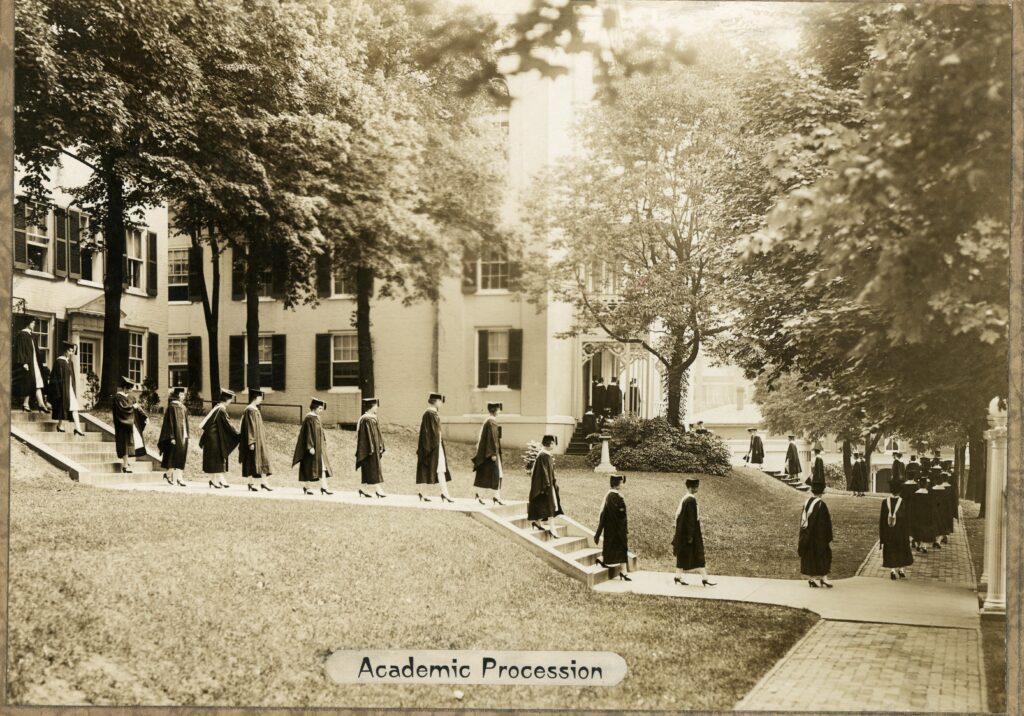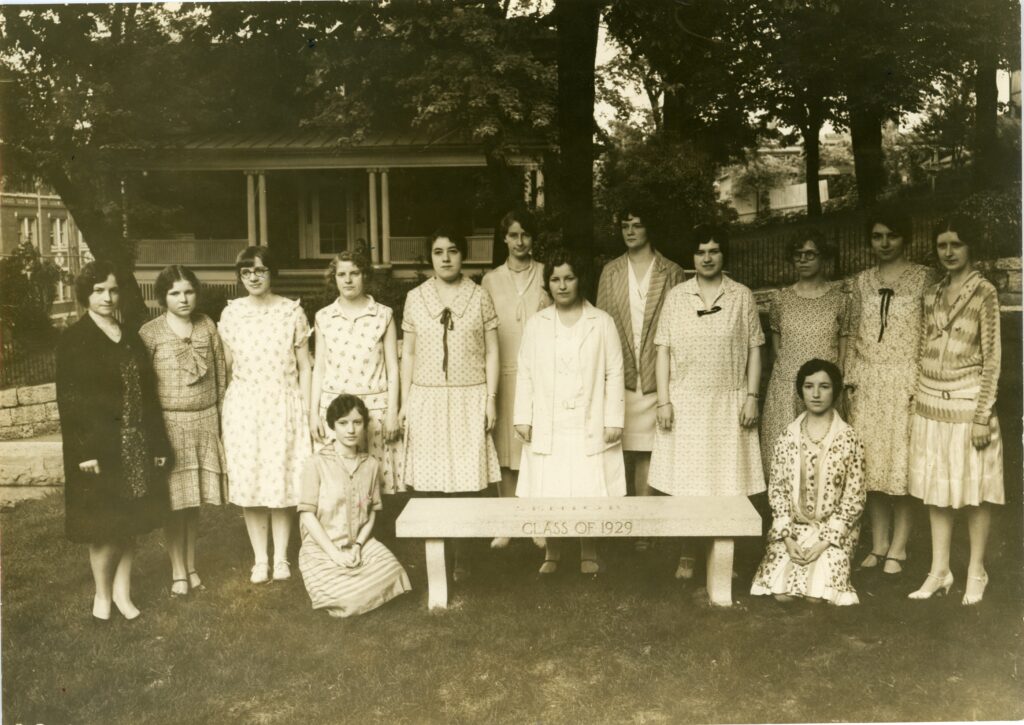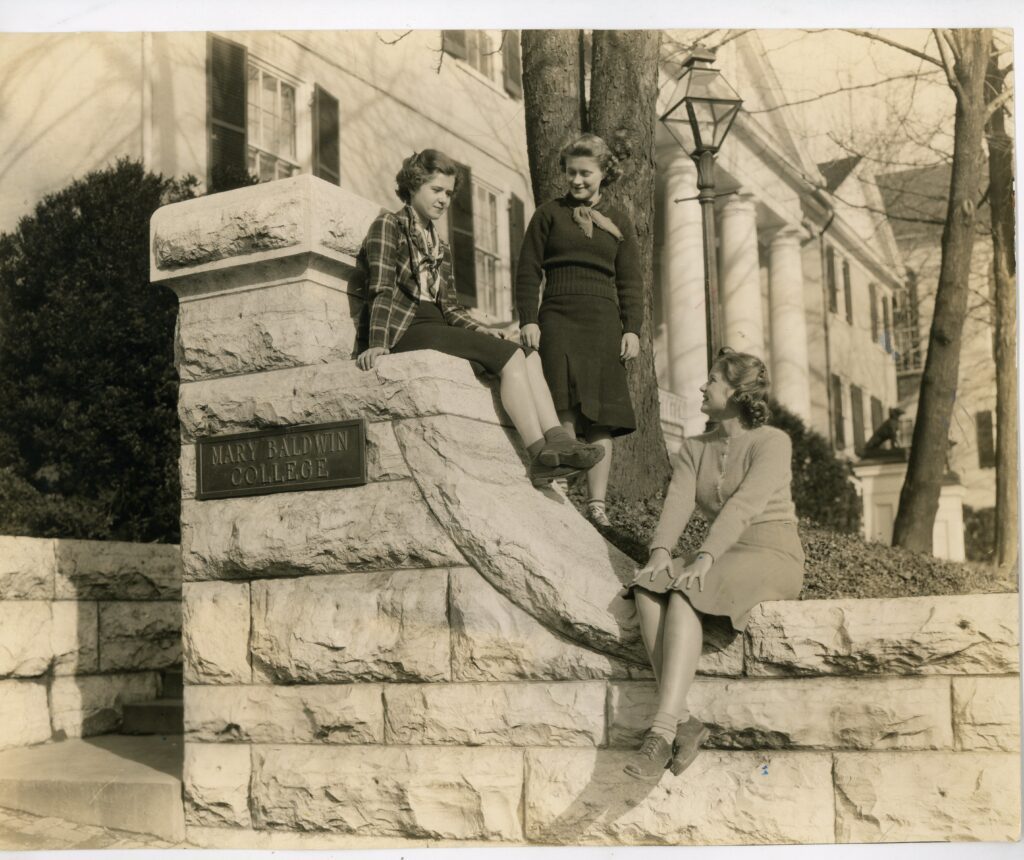MBU History

Over nearly two centuries, Mary Baldwin has been a beacon of light on the hill; showing courage to elevate the leaders of tomorrow; embracing innovative programs in and out of the classroom; providing relationship-driven liberal arts and professional studies; and opening the doors of learning to women, adults and professionals, early college students, students of color, first generation students, and low income students in order to provide access to education that transforms lives and entire families.
Mary Baldwin was founded as Augusta Female Seminary in 1842 in collaboration with Presbyterian ministers and citizens to advance the education of women. Mary Julia Baldwin, an orphan and member of the seminary’s first class, returned to lead the institution, fighting tenaciously for the school’s survival during the Civil War and focusing on inspiring students to higher potential and educational excellence.



The school was renamed the Mary Baldwin Seminary in 1895, established as a four-year liberal arts institution and renamed Mary Baldwin College in 1923, and accredited as Mary Baldwin University in 2016. The vision has continued to expand, and the twin guides of innovation and access have led to countless transformational programs, such as:
- In 1977, the Adult Degree Program (ADP) invited adults to start or complete degrees — introduced credit for prior learning and led directly to Mary Baldwin’s leading online programs, for students aged 17 to 70 in programs ranging from social work to education to business.
- In 1985, gifted and talented young women were invited to campus through the Program for the Exceptionally Gifted (PEG), one of the nation’s only residential gifted and talented programs for women as young as 13.
- In 1995, the Commonwealth of Virginia and Mary Baldwin launched the Virginia Women’s Institute for Leadership (VWIL), the only female cadet corps in the country, and — after a historic Supreme Court ruling — VWIL has graduated more than 500 women into all six branches of the military and leadership roles far and wide.
- The Office of African American Affairs (now Inclusive Excellence) was founded in 1996 to foster Mary Baldwin’s commitment to diversity and inclusive excellence, develop programming to promote cross-cultural sharing and exploration, and offer holistic support to students of color. Students of color now represent more than 50 percent of MBU’s on-campus undergraduate population.
- In 2001, the one of a kind Shakespeare and Performance graduate program opened in close connection with Staunton’s American Shakespeare Center.
- First-generation and lower-income students were more broadly welcomed to campus in the early 2000s, and in 2017 the campus welcomed residential male students.
- In 2014, Murphy Deming College of Health Sciences opened in the healthcare corridor in nearby Fishersville to meet regional healthcare needs through physician assistant, physical and occupational therapy, nursing, and healthcare administration degrees with nearly 100 percent pass and placement rates.
Today, nearly 1,800 undergraduate and graduate students study on MBU campuses in Staunton and Fishersville, Virginia and online. With 60 percent of undergraduate residential students being Pell-eligible, 50 percent students of color, and 40 percent first generation, Mary Baldwin is among the most diverse campuses in the country.
Known for its innovative and evolving approach to education, Mary Baldwin blends a liberal arts tradition with modern, career-aligned outcomes in fields such as health sciences, creativity and design, business and technology, and education and society, and fosters a vibrant and inclusive campus community, where students feel a strong sense of belonging, acceptance, support, and empowerment.
“I went to Mary Baldwin; I have gained leadership and confidence. I could do anything … I could be anything … I could know anything … Mary Baldwin gave me the confidence to go for it.”
– Writer, Producer, Director, and Broadway Actor Stori Ayers ’09
The Elevate MBU strategic plan guiding the institution’s direction for 2030 was released on October 18, 2024.